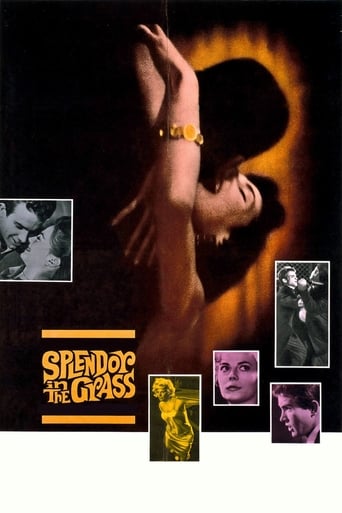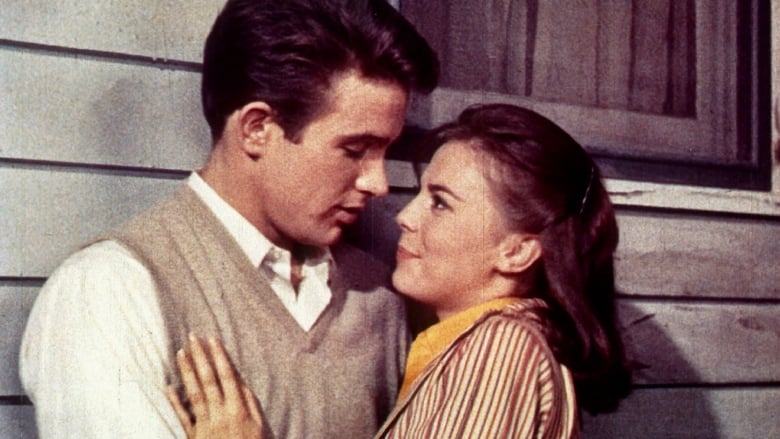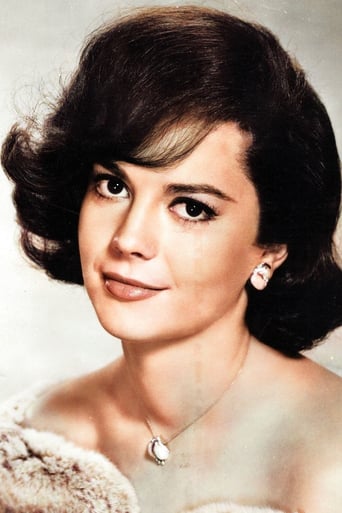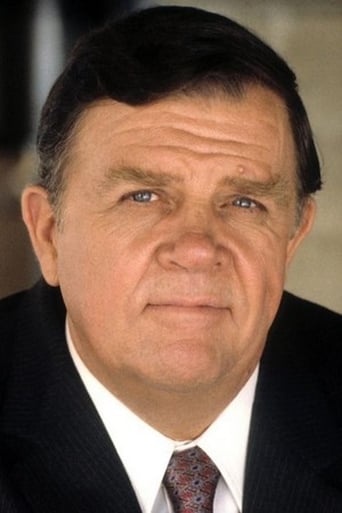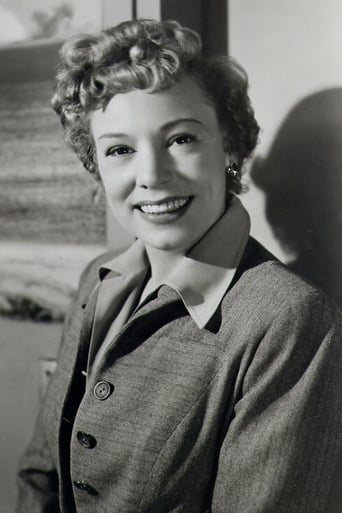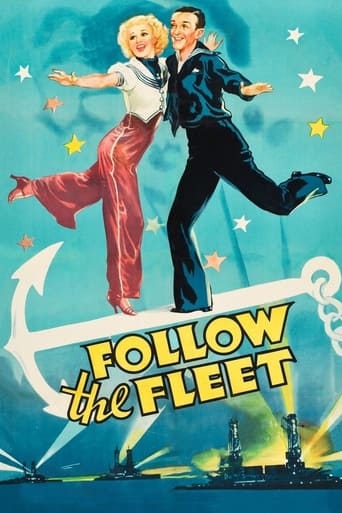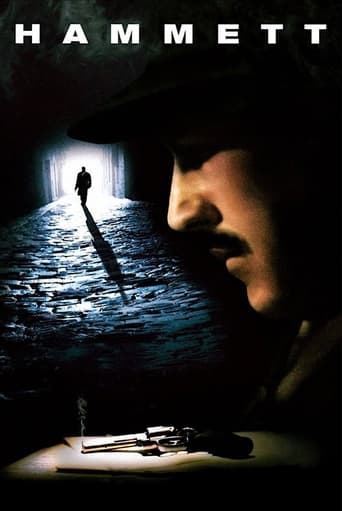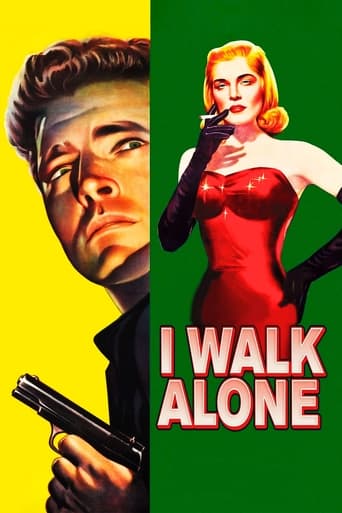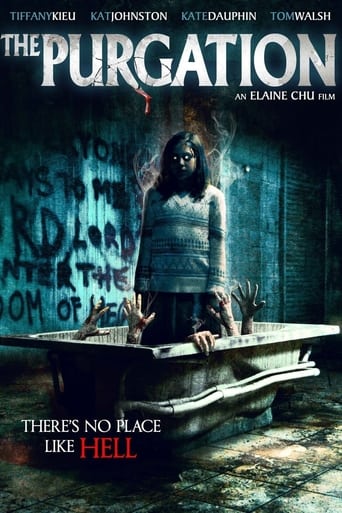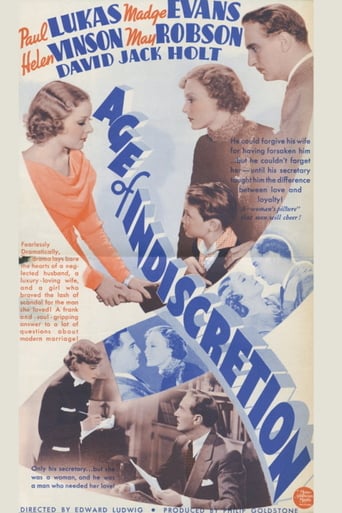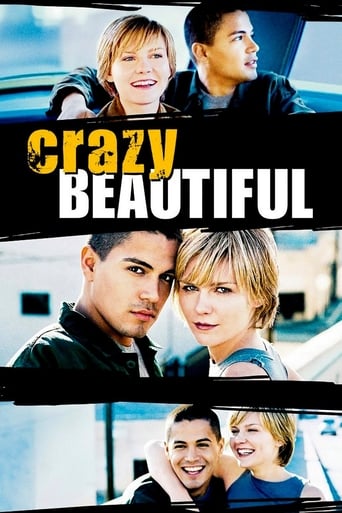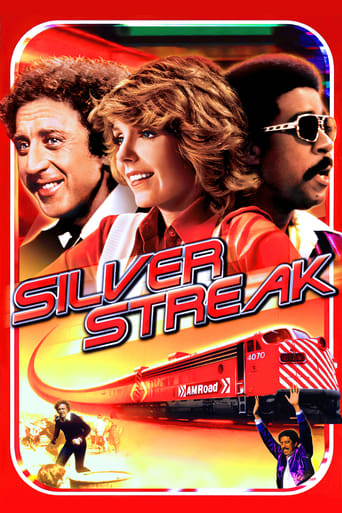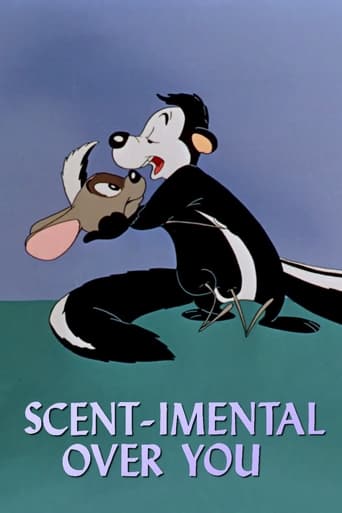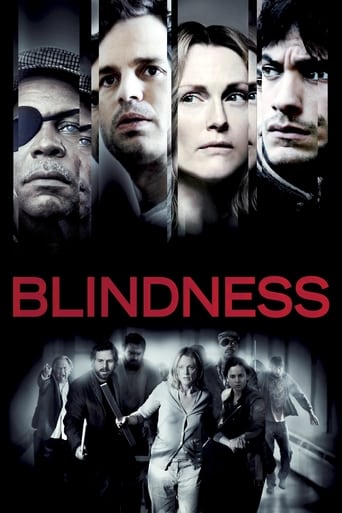Splendor in the Grass (1961)
A fragile Kansas girl's unrequited and forbidden love for a handsome young man from the town's most powerful family drives her to heartbreak and madness.
Watch Trailer
Cast


Similar titles
Reviews
I found the film beautiful. Perhaps the best film ever to show the consequences of sexual repression. Natalie Wood is absolutely superb, both in terms of beauty and in terms of her fantastic performance. Warren Beatty, in his first film role, is fine too. Elia Kazan knew how to make movies. This "splendor in the grass", "on the waterfront", "a streetcar named desire", among others, are movies that remain in our memory, which made us experience sensations and feelings, which "touched" us in our soul.
Dear Elia Kazan, here are a few random and rambling thoughts on your film. Splendor in the Grass was mainly an intense and adult romantic drama about the love between two teenagers from different classes of American society. It also told the social history of America what with the stock market crash and the prohibition forming an important part of the film. The film reflects the attitudes of American society towards women in the 1920's. John Huston said that "Half of directing is casting the right actors". Well, you couldn't have asked for a better lead pair than Natalie Wood and Warren Beatty. Wood was in full bloom in this film as a lower class girl who is eager to please her upper class boyfriend while being intensely aware of society's reactions to her love affair. Beatty was intense and dreamy as an upper class boy who is struggling with his father's expectations that are in direct conflict with his own aspirations. William Inge writes many beautiful scenes - the best being the one in the classroom when a sad and distracted Natalie Wood (after being dumped by Beatty) is pulled up by her teacher for not being able to explain the meaning of a poem. It is a heartbreaking scene as Natalie struggles to hide her despair and actually comes up with an interesting explanation. I am usually not a fan of romantic dramas but this one was sad, memorable and affecting.Best Regards, Pimpin. (8/10)
A fragile Kansas girl (Natalie Wood)'s love for a handsome young man (Warren Beatty) from the town's most powerful family drives her to heartbreak and madness.Natalie Wood was a great actress, especially in her younger days (she seemed to excel at being a love interest). And the film debut of Warren Beatty? Nice. It is hard to believe he has been acting since 1961 and is still around today (2016), albeit in a diminished capacity.This seems like the essential cliché story about the difference between girls that guys want to date and girls that guys want to marry. I don't know if this is still true (morality has shifted since 1961), but the cliché has not changed.
When I first saw this movie during the 1960's, I thought it was something special; more than fifty years later, I still do.The intensity of Deanie Loomis' emotions for Bud Stamper, clashes with the strictures and inhibitions of her emotionally burnt-out parents. Natalie Wood as Deanie was never more luminous than in this film and never better. Warren Beatty in his first film plays Bud with a hesitant intensity that became his trademark. His character yearns for something he can't define and this brings him into conflict with his father, Ace (Pat Hingle), who only seems to want a replica of himself. All this is played out in Kansas in the late 1920's where youthful passion, hormones and zest for life seem thwarted at every turn. And what an ending this film has; one that leaves you sitting in your theater seat long after the curtains close.The critics weren't too kind to "Splendor" when first released. It occasioned much sarcasm. The New Republican's Stanley Kaufman thought it, "an Andy Hardy story with glands". He also added, "a Martian who saw this film might infer that all adolescents deprived of sexual intercourse go crazy." Well maybe not, but doesn't unrequited love and unfulfilled passion drive people a little crazy, or at the least make them very unhappy? The power of William Inge's screenplay, and Elia Kazan's direction, expresses those feelings through the heightened actions of the characters - Inge rarely resorts to narration or voice-over to reveal their thoughts, it all plays out in their interactions with one another. Anyway, the public certainly got it; the film was a huge success. This film made me want to know more about William Inge. He's in the movie and plays the thoughtful, sad-looking minister. However, he was a troubled man, after early success: "Picnic", "Come Back Little Sheba" etc., there was a slow decline complicated by alcoholism and depression. Finally, he went to his garage, closed the door, got in his car and turned on the ignition. But he wasn't going anywhere - or maybe he was taking the greatest journey of all - for William Inge had finished with this life. You often read that the screenplay for "Splendor in the Grass" was written for the most part by director Elia Kazan, based on a novella by William Inge, Kazan states as much in his autobiography. However he also reveals that the key themes and that powerful ending are indeed William Inge's. "What I liked about this ending", he says, "is its bittersweet ambivalence, full of what Bill had learned from his own life: that you have to accept limited happiness, because all happiness is limited, and to expect perfection is the most neurotic thing of all; you must live with the sadness as well as the joy." Kazan also said, "It is not my favorite of my films, but the last reel is my favorite last reel, at once the saddest and the happiest".The performances of Natalie Wood, Warren Beatty and all the others, are locked forever in this moving film. Like many movies that are set decades before they were made, "Splendor in the Grass" is rather timeless - it will probably stay that way now.

